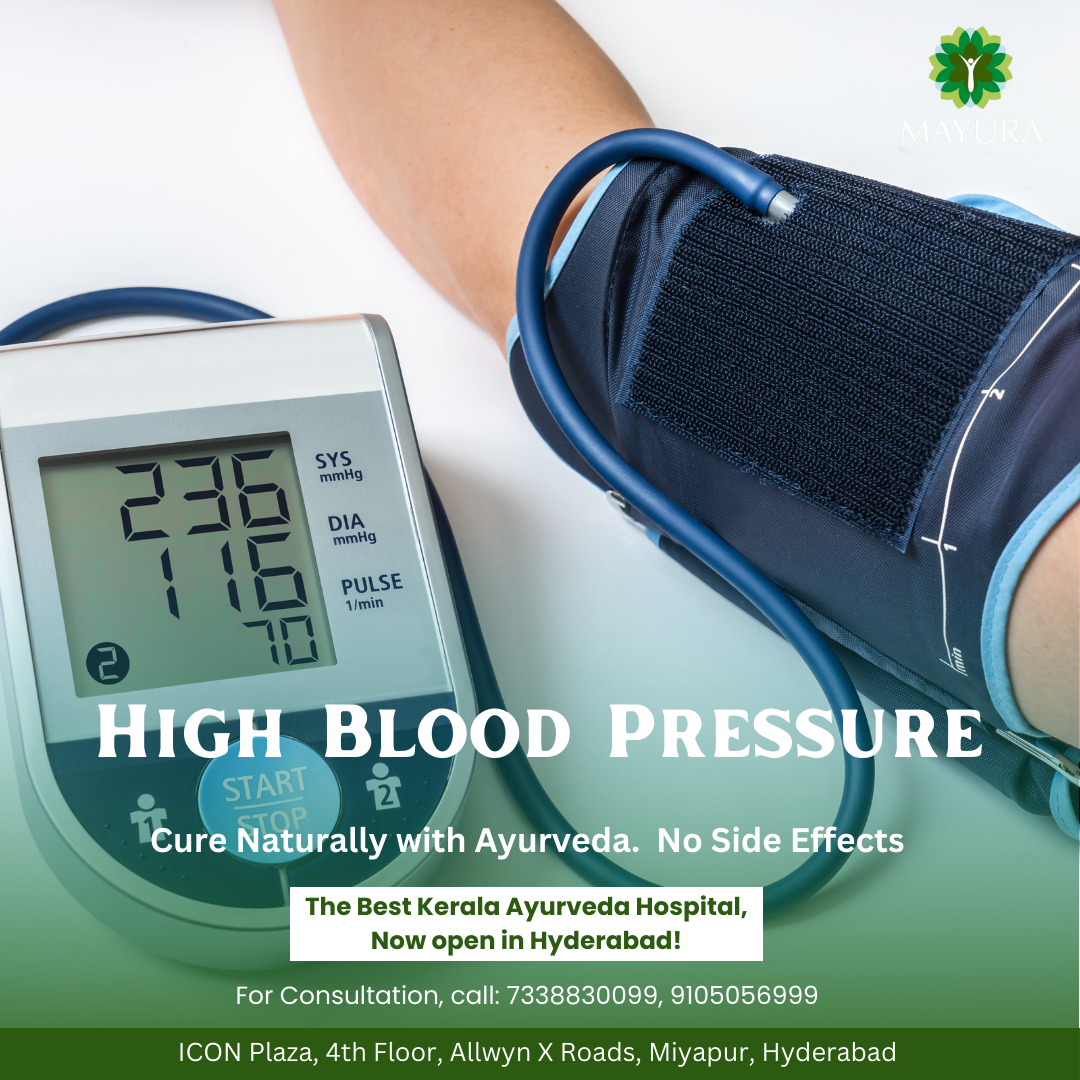High blood pressure, also known as hypertension, is a common condition affecting millions of people worldwide. Often referred to as the “silent killer,” it often progresses without noticeable symptoms, making it crucial to be aware of the risks and take proactive steps to manage it.
Understanding Blood Pressure
Blood pressure is the force exerted by blood against the walls of your arteries as your heart pumps. It’s measured in two numbers:
Systolic pressure: The top number represents the pressure when your heart contracts.
Diastolic pressure: The bottom number represents the pressure when your heart relaxes between beats.
Normal and High Blood Pressure Readings
According to the American Heart Association (AHA), a healthy blood pressure reading is below 120/80 mmHg. Here’s a breakdown of blood pressure categories:
Normal: Less than 120/80 mmHg
Elevated: Systolic 120-129 mmHg and diastolic less than 80 mmHg
Stage 1 hypertension: Systolic 130-139 mmHg or diastolic 80-89 mmHg
Stage 2 hypertension: Systolic 140 mmHg or higher or diastolic 90 mmHg or higher
Causes of High Blood Pressure
The exact cause of high blood pressure can be unknown (primary hypertension) in some cases. However, several factors can contribute to it:
Lifestyle choices: Diet high in sodium, lack of physical activity, smoking, and excessive alcohol consumption.
Medical conditions: Obesity, sleep apnea, kidney disease, and certain hormonal imbalances.
Family history: Having a family history of high blood pressure increases your risk.
Symptoms of High Blood Pressure
High blood pressure often progresses without any noticeable symptoms. However, in some cases, it can manifest as:
Headaches
Dizziness
Fatigue
Nosebleeds
Difficulty breathing (in severe cases)
The Dangers of Untreated High Blood Pressure
Left untreated, high blood pressure can lead to serious health problems, including:
Heart disease: Can damage the heart muscle and increase the risk of heart attack and stroke.
Kidney disease: High blood pressure can damage the kidneys and impair their ability to filter waste products from the blood.
Vision problems: Can damage blood vessels in the eyes and lead to vision loss.
Cognitive decline: May contribute to dementia and memory problems.
Managing High Blood Pressure
The good news is that high blood pressure can be effectively managed with a combination of lifestyle modifications and sometimes medication. Here are some key steps you can take:
Healthy diet: Limit sodium intake, increase fruits, vegetables, and whole grains.
Regular exercise: Aim for at least 30 minutes of moderate-intensity exercise most days of the week.
Maintain a healthy weight: Losing excess weight can significantly improve blood pressure.
Limit alcohol consumption: Excessive alcohol intake can raise blood pressure.
Manage stress: Chronic stress can contribute to high blood pressure. Practice relaxation techniques like yoga or meditation.
Medications: If lifestyle changes alone aren’t sufficient, your doctor may prescribe medication to control blood pressure.
Don’t Wait, Take Action!
High blood pressure is a serious but manageable condition. Regularly monitor your blood pressure at home or during doctor visits. By implementing lifestyle changes and working with your doctor, you can control your blood pressure and significantly reduce your risk of future health complications.
















